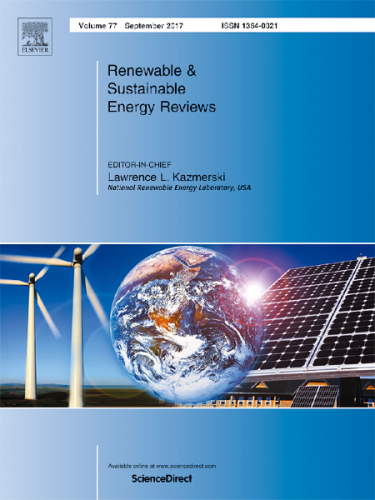
Abstract
Ground source heat pump (GSHP) is an innovative and perspective technology able to use the ground as a thermal sink or heat source. If combined with system operating at relatively low temperature, it represents a high efficiency solution for the heating of buildings. Complementarily, during cooling operation it has a good advantage with respect to air-cooled systems, because the ground temperature is stably lower than the outdoor air one.
Geothermal heat pump systems are able to reduce the environmental impact of buildings for space heating and cooling by using the ground as an energy renewable source. This paper presents a review on the GSHP systems presenting both a summary of different ground-source typologies of heat pumps and a thermodynamic approach for their modeling.
The irreversible thermodynamic approach is here summarized and exposed for a complete GSHPs system. This analytical approach is particularly useful for implementing an optimization design tool for GSHP systems.
Recently many works have been published about exergy analysis of these systems. Those works suggest that future lines of development may be considered:
- a) the optimization based on the transient performance of GSHP systems and not on the sole design condition;
- b) the integration of irreversible thermodynamic optimization approach into the algorithms of control systems.
The diffusion of optimized GSHP systems is essential in order to reduce fossil fuel consumption and CO2 emissions, complying with the EU's directive.



